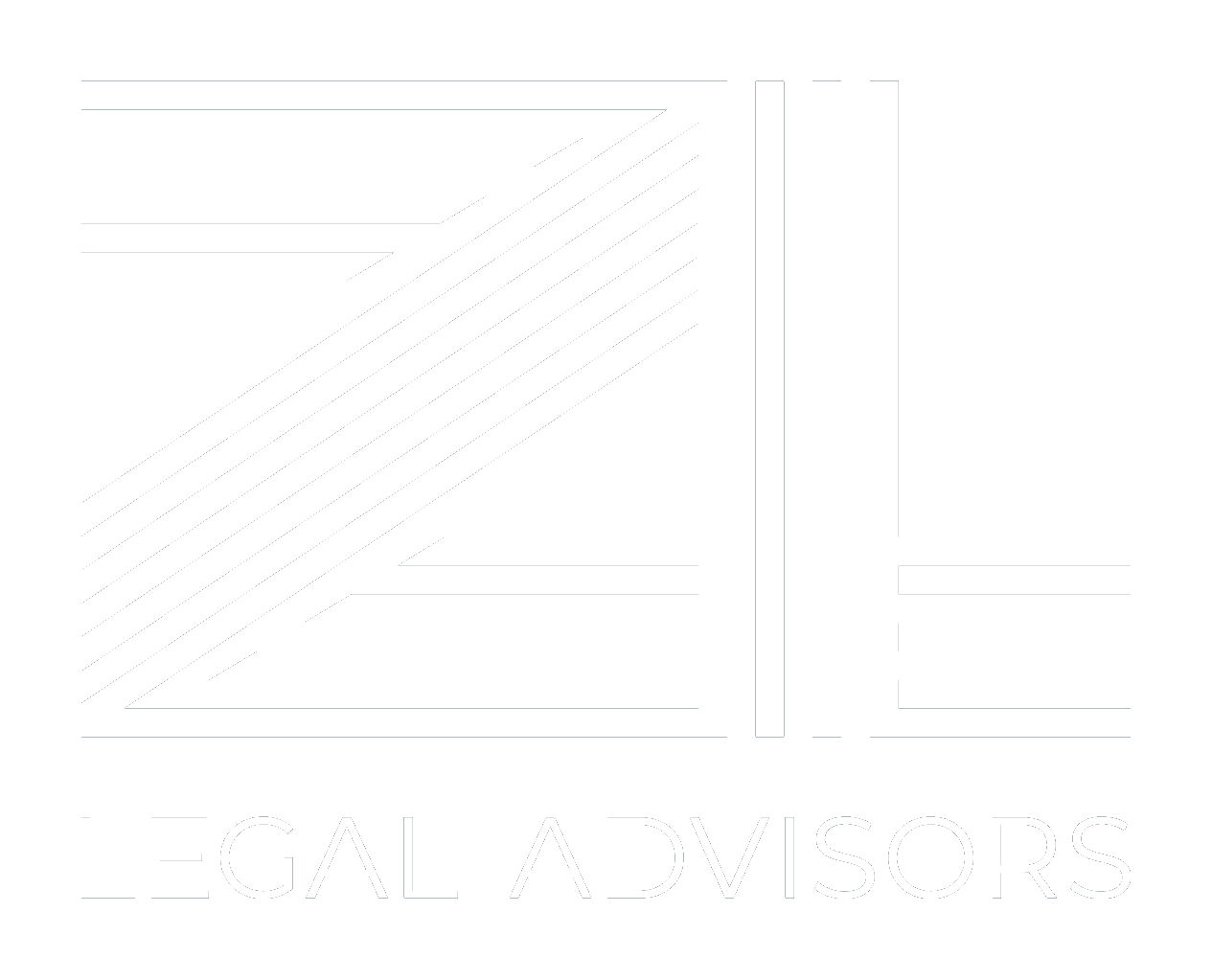As of March 19, 2025, new provisions regarding Neo-natal leave (or supplementary parental leave) have come into effect in Polish labour law. These changes respond to long-standing demands from parents of premature babies and those requiring post-birth hospitalisation.
The introduction of the supplementary leave is a change that addresses challenges faced by parents of premature babies requiring hospitalisation after birth. The aim of these new regulations is to compensate parents for the time spent in hospitals during their parental leave. Premature babies, often requiring weeks of medical care, place parents in a difficult position since their leave is consumed by visits to hospitals. The amendment provides parents with an opportunity to adjust to these challenges, offering additional time for care and recovery after the hospital period.
The supplementary parental leave is designed for parents – both mothers and fathers – as well as legal guardians, foster parents, or adoptive parents. The key condition is the birth of a child before the 37th week of pregnancy or the need for hospitalisation of a newborn after birth, including babies born at term.
During the supplementary paternal leave period, employees are entitled to 100% of their salary. The duration of the leave depends on two factors: the week of pregnancy at which the child was born and the length of the child’s hospital stay:
- up to 15 weeks: parents of children born before the 28th week of pregnancy or with a birth weight below 1,000 grams can expect one week of leave for each week of hospitalisation, calculated up to the 15th week of the child’s life;
- up to 8 weeks: for children born between the 28th and 37th weeks of pregnancy (with a birth weight above 1,000 grams), parents are entitled to one week of leave for each week of hospitalisation, up to a maximum of 8 weeks;
- full-term newborns: if they require hospitalisation lasting at least 2 consecutive days (between the 5th and 28th day of life), parents receive one week of leave for each week of hospital stay, also up to 8 weeks.
Alongside this legislative update, a new regulation has been introduced to streamline the application process for parental rights – the Regulation of the Minister of Family, Labour, and Social Policy dated January 14, 2025, on applications concerning employees’ parental rights. The regulation specifies the required content of the application for supplementary parental leave, including the employee’s name, the end date of the basic paternal leave, and the requested period of the supplementary leave. It also mandates attaching a hospital certificate detailing the child’s stay and a statement from the other parent declaring they do not intend to take the leave.
The leave is granted as a single block, immediately following the end of the basic parental leave. To apply, parents must submit a request – in paper or electronic form – at least 21 days before the end of their parental leave. Any gap between the basic parental leave and the supplementary leave results in the forfeiture of the supplementary leave.
The new regulations apply only to parents who, as of the law’s entry into force on March 19, 2025, are still on parental leave. This means that those whose leave ended earlier cannot retroactively claim the supplementary leave.
The implementation of supplementary parental leave marks a significant step forward in supporting working parents, particularly those facing the challenges of premature birth. These changes also align Polish regulations with European standards. Parents of premature babies gain tangible support, while organizations must adapt to new obligations. Employers should consider updating internal work regulations and providing training for their HR teams. In some cases, it may be necessary to adapt payroll and HR management systems to accommodate the new leave category.
Dariusz Zimnicki, Partner at ZL LEGAL Legal Advisors, contributed to this review.





